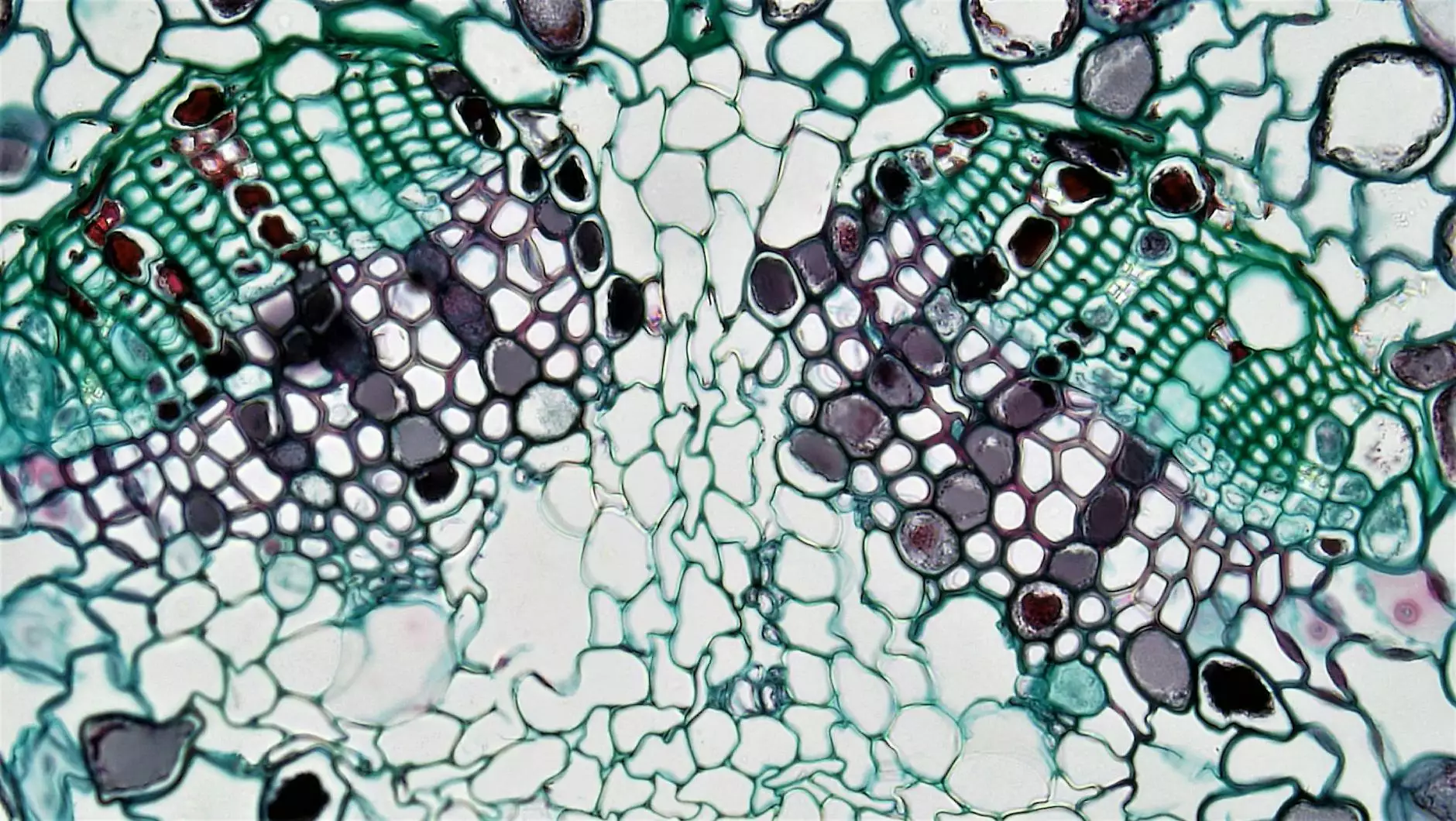Elevating Healthcare: The Role of MRI Technical Services

Introduction to MRI Technical Services
MRI (Magnetic Resonance Imaging) has revolutionized the field of medical diagnostics, offering detailed images of the human body's internal structures without the use of ionizing radiation. At the heart of this transformative technology are mri technical services, which ensure that MRI machines function optimally and produce accurate, high-quality images for healthcare professionals. This article delves into the myriad aspects of MRI technical services, including its significance, advancements, and the future it holds in the healthcare industry.
The Importance of MRI Technical Services
MRI technical services encompass a wide range of activities that are critical to the successful operation of MRI systems. These services include:
- Installation: Ensuring their correct setup in hospitals and clinics.
- Maintenance: Regular checks and repairs to sustain operational efficiency.
- Calibration: Adjusting equipment to ensure the accuracy of imaging results.
- Technical Support: Providing assistance to medical professionals in using the equipment effectively.
The above facets significantly contribute to the provision of accurate diagnoses, which is paramount in treating various medical conditions.
Advancements in MRI Technology
The field of MRI technology has seen remarkable advancements in recent years, pushing the boundaries of what is possible in medical imaging. Some key advancements include:
- Higher Magnetic Field Strength: The introduction of 3T MRI machines provides greater signal strength, leading to improved image resolution.
- Functional MRI (fMRI): This technology allows for the visualization of brain activity by measuring changes associated with blood flow.
- Software Innovations: Enhanced imaging software algorithms that reduce scan times while improving quality.
- 3D Imaging: Improved methods for creating three-dimensional views of scanned areas, allowing for better diagnostics.
These innovations not only improve the diagnostic capabilities but also enhance patient comfort and safety during imaging procedures.
The Role of MRI Technical Services in Enhancing Patient Care
MRI technical services play a vital role in ensuring that patients receive the best possible care. Here are a few ways they contribute to patient health:
- Timely Diagnoses: Well-maintained MRI machines can lead to quicker turnaround times for imaging results, allowing for prompt treatment decisions.
- Accurate Imaging: Regular calibration ensures that images are reflective of the true anatomical structures, minimizing misdiagnosis.
- Reduced Downtime: Technical support and maintenance minimize the chances of equipment failure, ensuring consistent availability for patient imaging needs.
- Patient Safety: Technicians ensure that all safety protocols are followed, including monitoring for any adverse reactions during scans.
Training and Certification for MRI Technicians
The efficacy of mri technical services heavily relies on the expertise of trained professionals. MRI technicians undergo extensive training and certification to ensure they understand the complexities of MRI operations. Key points include:
- Educational Qualifications: Most MRI technicians hold a degree in radiologic technology or a related field.
- Certification: Many professionals achieve certification from recognized bodies such as the American Registry of Radiologic Technologists (ARRT).
- Continuous Education: Ongoing learning through workshops and seminars to stay updated with the latest technologies and techniques.
Challenges Facing MRI Technical Services
Despite the advancements and importance, mri technical services encounter several challenges:
- Cost of Technology: High-quality MRI machines and their maintenance can be financially burdensome for smaller facilities.
- Technological Complexity: Rapid developments in technology mean that continuous training is necessary, leading to potential skill gaps.
- Supply Chain Issues: The procurement of parts for maintenance or upgrades can be disrupted due to global supply chain challenges.
Addressing these challenges requires strategic planning and investment from healthcare facilities to ensure they can provide the best possible services to their patients.
The Future of MRI Technical Services
The landscape of mri technical services is continually evolving. Several trends indicate a robust future for this essential sector:
- Artificial Intelligence Integration: AI is being increasingly integrated into MRI technology, allowing for enhanced diagnostics and workflow efficiency.
- Portable MRI Units: The development of compact, portable MRI systems is making imaging more accessible in remote and underserved areas.
- Sustainability Initiatives: There is a growing commitment to environmentally friendly practices in the manufacturing and disposal of MRI equipment.
These advancements will not only improve operational efficiencies but also broaden access to MRI services for more patients across various demographics.
Conclusion
In conclusion, mri technical services are a cornerstone of modern medical diagnostics, significantly contributing to improved patient care and outcomes. As technology progresses, the role of these services will only become more critical in the healthcare ecosystem. By investing in these services, healthcare facilities can ensure they are at the forefront of delivering high-quality diagnostic imaging, setting new standards in patient health and wellness.



